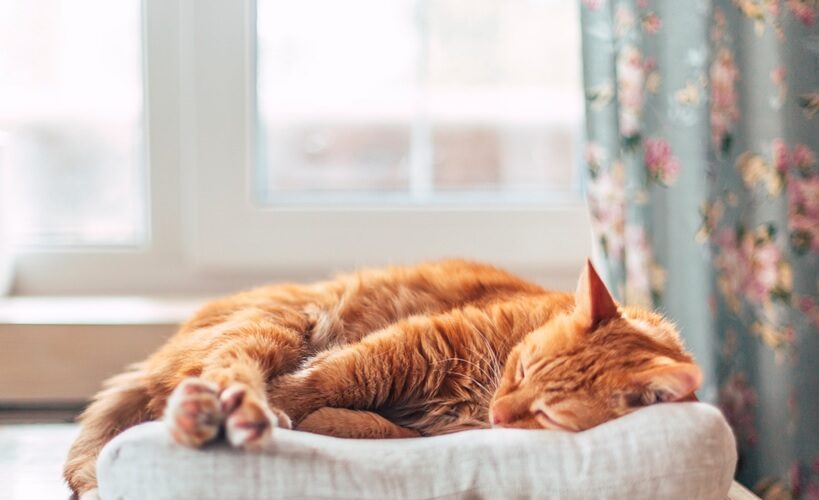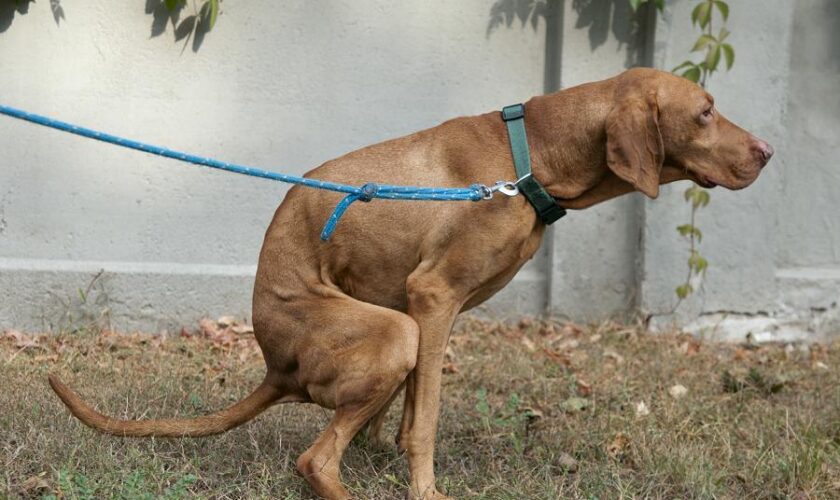Are you thinking of getting a kitten and unsure whether it should live inside or outside? As domesticated animals, pet cats can be left to live in the great outdoors if their owners prefer. Although both options have pros and cons for the cat, the general consensus is that it’s best to keep them inside. To help you decide which route to choose, let’s look at the similarities and differences involved for both.
Depending on personality, a cat might be a cuddly companion who simply wants to lounge on the couch all day or an independent explorer eager to get outside. The cat’s upbringing may also play a factor as kittens born outdoors become habituated to the lifestyle or even feral and afraid of humans. Barn cats may be seen as getting the best of both worlds as they have suitable shelter but can come and go as they please. Of course, that’s not to say cats ought to be kept outdoors or that they’re happier as it’s often perceived.
While caring for outdoor cats may seem less demanding, responsible owners still need to provide for them. They should be spayed or neutered, appropriately vaccinated, and have proper identification. Furthermore, outside cats need to be given fresh water and food daily as well as a safe place to rest and a litter box to relieve themselves. If these matters are not addressed, the cat’s lifespan could be drastically shortened. In fact, statistics show that on average indoor cats live 10 to 15 years, while outdoor cats only live two to five years.
Quality of life should also be a consideration. Despite indoor cats being affected more by boredom and depression, outdoor cats are exposed to a range of diseases — including feline immunodeficiency virus, distemper, rabies, and more. These not only impact quality of life, but also shorten it. They’re also faced with larger predators, outdoor parasites, and inclement weather. Additionally, there’s the risk of poisoning or mistreatment by humans if they wander into the wrong yard.
Overall, the risks to the cat tend to outweigh the potential benefits of living outside. That’s why the majority of veterinarians advise keeping a cat indoors for their health and safety. Ecological experts also recommend this route to protect the cats and the environment as felines are predators and dangerous to wildlife, especially birds. Outdoor cats will hunt for fun and, as a result, are responsible for imbalanced ecosystems and the modern-day extinction of numerous birds, mammals, and reptiles.
Ultimately, the choice to live inside or out comes down to the owner. Before making the decision to let your cat outdoors, consider these points and more to determine what’s best for your furry friend. Consider getting pet insurance for cats to ensure their health is in good hands no matter what you decide. For a handy, side-by-side breakdown of caring for indoor or outdoor cats, please see the accompanying resource.



